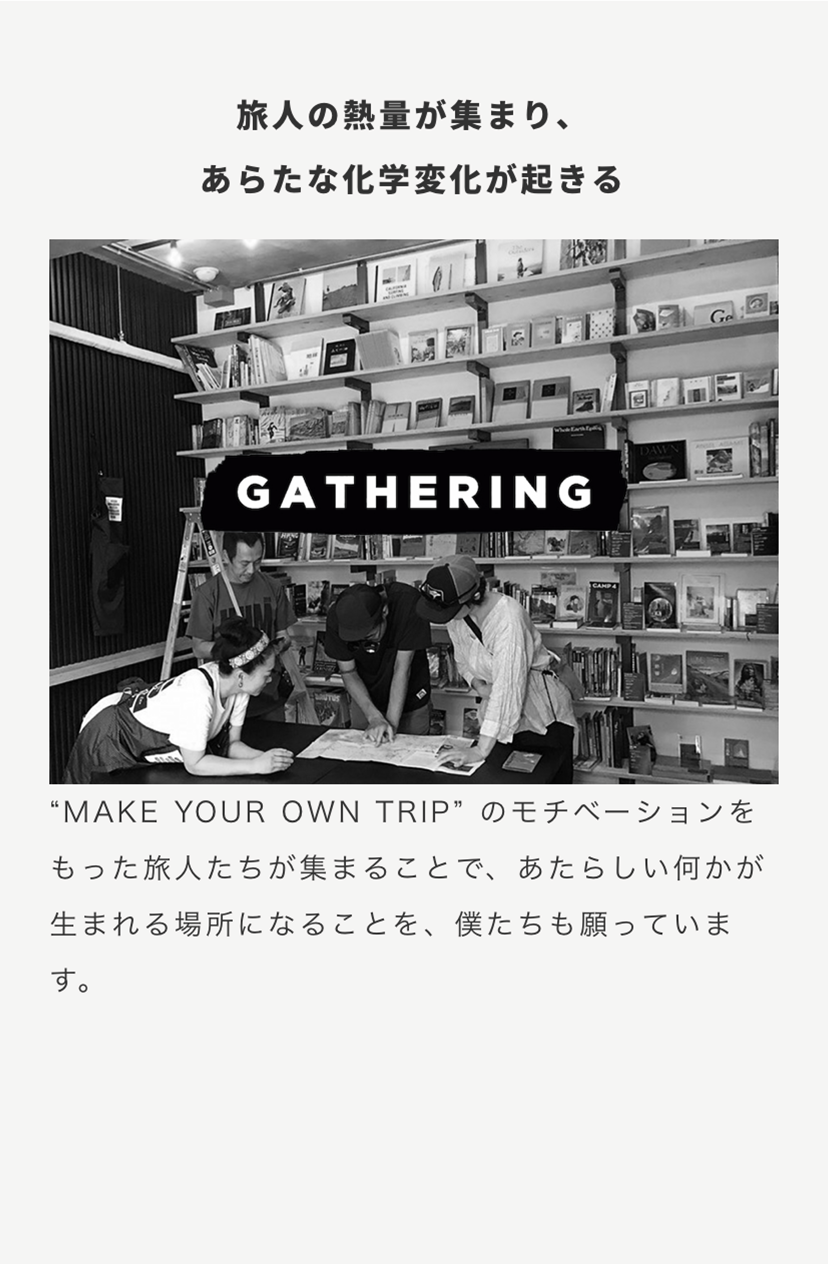リズ・トーマスのハイキング・アズ・ア・ウーマン#06 / 長距離ハイキングはクレイジーな事?!
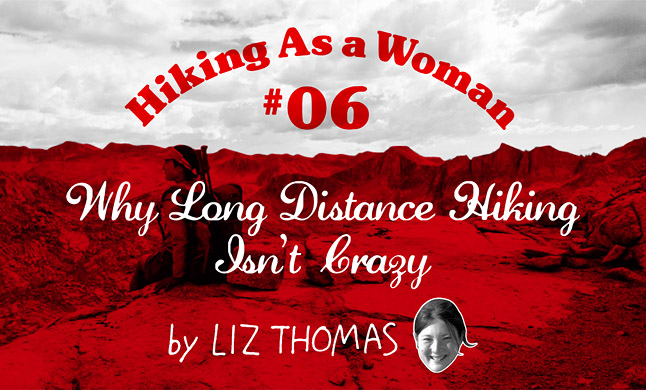
Why Long Distance Hiking Isn’t Crazy
When I tell people that I want to go for a several week or several month long hike, a common reaction is “Why???!!!” So often, hikers find themselves defending their backpacking dreams against allegations that walking for hundreds of miles is “crazy.” True, hiking is rarely the fastest way to get somewhere. In that sense, going for a long walk is crazy. But as many outdoors people know, backpacking and walking through nature offers different gifts and lessons to each person who goes into the woods. Yet, how do hikers explain these ideas to a “normal” city person? How can an outdoorsperson explain the wisdom that comes from walking to non-hiking family and friends?
As someone who has done a lot of walking, and who knows many hikers from different backgrounds and walks of life, here are some thoughts on why people hike, and what hiking has offered some people I know. Maybe one of these ideas will resonate with you, and you can share it with skeptical loved ones who may want to prevent you from heading into the woods this weekend.
■Therapy
For many people, including authors like Cheryl Strayed in Wild, backpacking becomes a way to escape the world and get the time and space to address life’s many troubles. On long distance trails, it is not uncommon to see people who are “working through life’s problems” such as divorce, the loss of a loved one, or the loss of a job. Backpacking can be a therapeutic excuse to have time away from others. Being free of distractions allows us to focus on our setbacks and learn to get over them. As one hiker friend described it to me, “I didn’t come back with any answers, but I learned to live and accept my problems, which is the first step in solving them.”
By falling asleep and waking up in the outdoors, we are reminded that we are part of nature. We are humbled by the enormity of the world around us. Suddenly, our problems and our perspective seem small compared to the vastness of the world around us. For many, an overnight trip or long backpacking trip seals in this idea in the way that dayhiking cannot. In the city, humans can distract themselves with work, electronic devices, busyness, even exercise. The trail becomes a place of reflection and meditation. There is so much silent time during backpacking that eventually, the hiker must face his problem.
■Transition Time
Of course, there are many people who hike who are not troubled, but would like a space to contemplate changes in life. Backpacking on a long trail is a great time to reassess your life. Many have used it as a way to leave an unsatisfying job and figure out a more rewarding career. Many young people use it as a way to reflect on their schooling and choose a career path or commit to more schooling. Many retired people use a long backpacking trip as a time to understand how they will transition from working life into retired life.
■Love of Nature
Many individuals—myself included—come to backpacking because they love nature. As much as I enjoy grand vistas, walking for long distances has taught me to find beauty in small things. Traveling at 4 kilometers per hour has reminded me that beauty can be found everywhere if only we take the time to look for it. That is a lesson that I have taken into my non-hiking life.
■Meet New People
Hiking has shown me that beauty can be found not only in places, but in people as well. In today’s world, it is so easy to live a life where everyone we interact with comes from a similar background. Our society has become fragmented. People of my generation especially tend to rarely talk with or befriend people from different socioeconomic, educational, religious, or political backgrounds. But nature—and walking—and long trails become a neutral space where these friendships can bud. As backpackers, we lose our material markers that become so much a part of our identity in the “real world”—our houses, our fancy cars, our designer clothing, even our expensive haircuts. The wealthiest hiker and the poorest hiker tend to have similar gear (and their beards tend to be equally as long). In nature, we have nothing to prove and no one to impress. We can be ourselves and reach out to others—human to human—not boss to employee or customer to service worker. On the trail, I have befriended people from all over the world.
■Find a challenge
Many people love backpacking because it gives us a place to test and teach ourselves. As hikers, our challenge is not strictly competitive. It is not human vs. human, like a race or sport. It is a physical activity that tests an individual vs. him or herself. Hiking requires our body and mind to cooperate. It requires smart decision making and problem solving. Some people believe that hiking is man vs. nature, but I do not think that is true. The more I hike, the more I realize that to become truly gifted in the outdoors, I must be one with nature, and not fight against it.
■Learn Skills
I backpack because as I become more advanced at hiking, I can ramp up my challenges. Each test becomes a lesson to evaluate my skills. How do I react under pressure—like during harsh weather conditions? Sometimes, in backpacking, the stakes can be high. But each time I go into the woods, I absorb the experience and become smarter, wiser, and safer in my decisions in the future. I backpack so that I can learn.
■Find Freedom
As one friend described it, backpacking is one of the few opportunities we have in life to have true freedom to make own decisions. In the city, the boss and company determine when you will be at work. The bus and train schedule determine when to leave home. But in backpacking, the hiker gets to decide when to wake up, when to walk, when to rest, and when to sleep. The hiker can decide which direction to go and which path to take. For many, this freedom is exhilarating and after a hiking trip, losing that freedom can be devastating. A hiker friend once told me, “You have learned the lessons that hiking has to offer when you not only enjoy the time you are on the trail, but can take that joy and freedom with you into the real world.”
■Reassess priorities in life
Living out of a backpack for weeks or months at a time gives hikers time to reflect on priorities. Life becomes more simple—stripped away to the bare essentials. Stuff becomes less important. Hikers come back from a long trip realizing the benefits of minimalism. When we have nothing (or very little stuff), it’s our actions and kindness that differentiate us from others. What becomes important is joy, friendship, learning, discovery…and shelter, water, and food.
■Love of exercise
I love hiking because I find the act of walking (and walking uphill in particular) exhilarating. For me, hiking puts me in a state of flow. The psychologist Dr. Irvin Yalom defines flow as a state where life and death no longer matter and you are just being. There is a scientific basis to this as well. Hiking—like running—pumps the brain full of serotonin. A long hike is like getting a shot of mental uppers all day—like having a runner’s high all day.
■Mind-Body-Place Connection
For me, the joy of moving my body, and engaging my whole body towards a goal, all while being in a beautiful place reminds me that I am alive. Yogis will often talk about seeking a body-mind sync or connection. When my body and mind are synced to a place—a body-mind-place connection—that is when I feel most at peace and most alive.
Often, after I have finished a hike and am sitting somewhere uncomfortable, like in front of a desk or on a bus, I will get flashbacks to cresting over a pass and looking into a valley. I will remember what it is like to have that body-mind-place connection, and feel more peaceful about my less than ideal situation.
■To Find the Unknown
The reason why I backpack is because I seek the unknown. To quote Benton MacKaye, the man who came up with the idea of the Appalachian Trail, said that we backpack “to see. To see what there is to see.” My 8th grade science teacher had a pie chart on his wall that I am constantly reminded of in life.
“What I know, what I don’t know, what I don’t know I don’t know.”
Hiking forces me to learn those things that I don’t know that I don’t know. It always pushes me in situations where I have to improvise and make it up as I go along. From the people I meet, to the places I go, I learn perspective that is so different than my own. I understand how people interact with their landscape and how the natural environment surrounding an area informs a community’s vision of the world.
It’s hard to convince others that a reason to backpack is to seek what you do not know. But isn’t that what school is? A place to learn what you do not know, and to learn what you do not know you do not know? For me, nature is a school. It is a place to learn what that new mountain range looks like. It is also a place to learn about myself and to reflect on the world.
Hiking is one of few places we have left to disconnect from the distractions that we deal with every day in life. It forces us to be present. It requires us to meet and interact with people that come into our path. It necessitates us to work with people are different than us, terrains that are different than that we deal with in “city life,” weather that is harsher than that in our normal lives. Hiking changes our circadian rhythms to be in sync with the sun. These days, the temptations to take a cell phone on a hike and to send photos to friends from the top of mountains is great. But the greatest lessons that nature has to offer come with disconnecting and refraining from letting the outside world impact your hike.
While every hiker walks for a different reason, most hikers come back to the world feeling like they are better because of it. Those who walk are rejuvenated—physically and mentally. A long hike is a pilgrimage. While we all go to the trail seeking different lessons, the trail always teaches us what we need to know the most at that time. The real gift of the trail is not just to be there, but to take what we learned back to our everyday life.
- « 前へ
- 2 / 2
- 次へ »
TAGS:

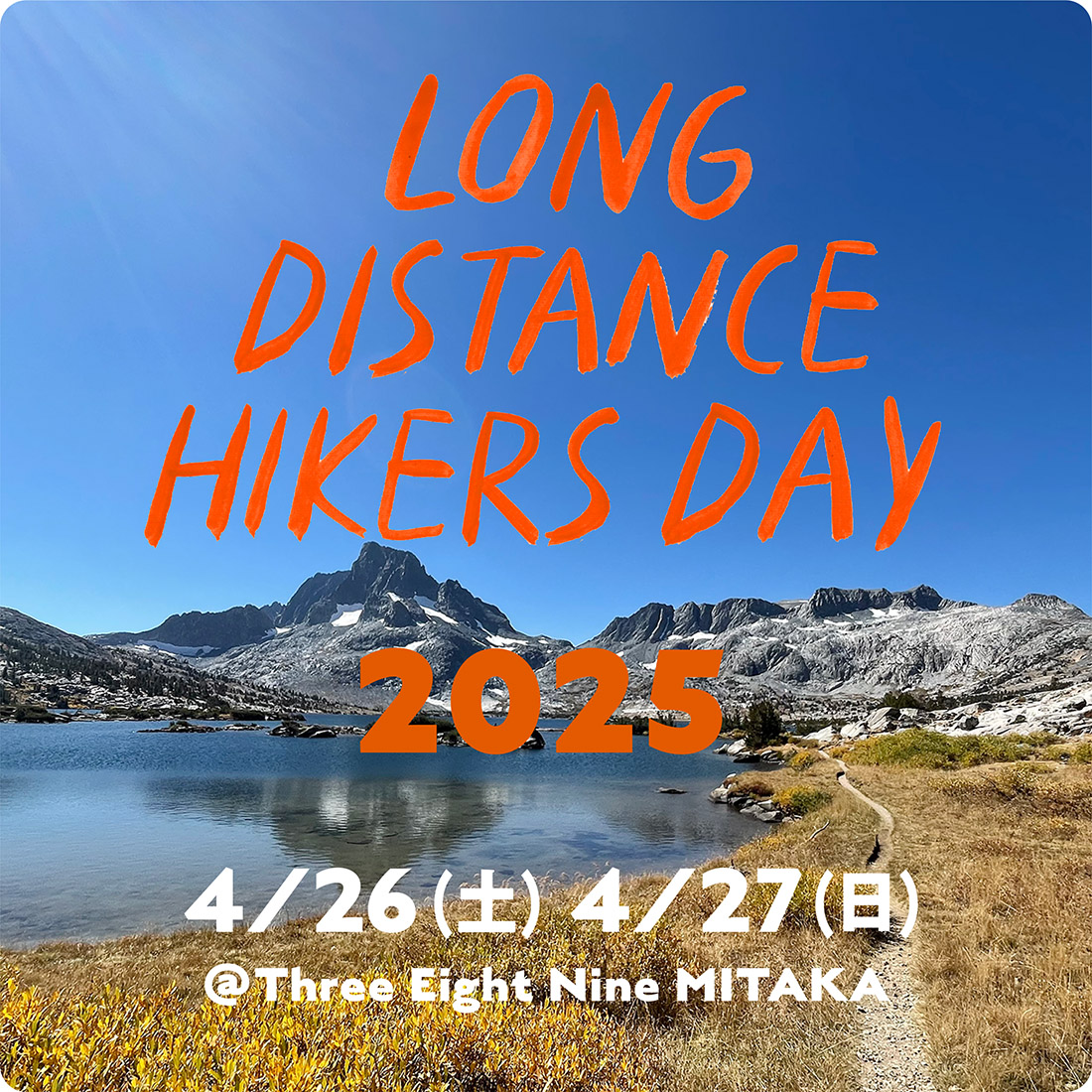
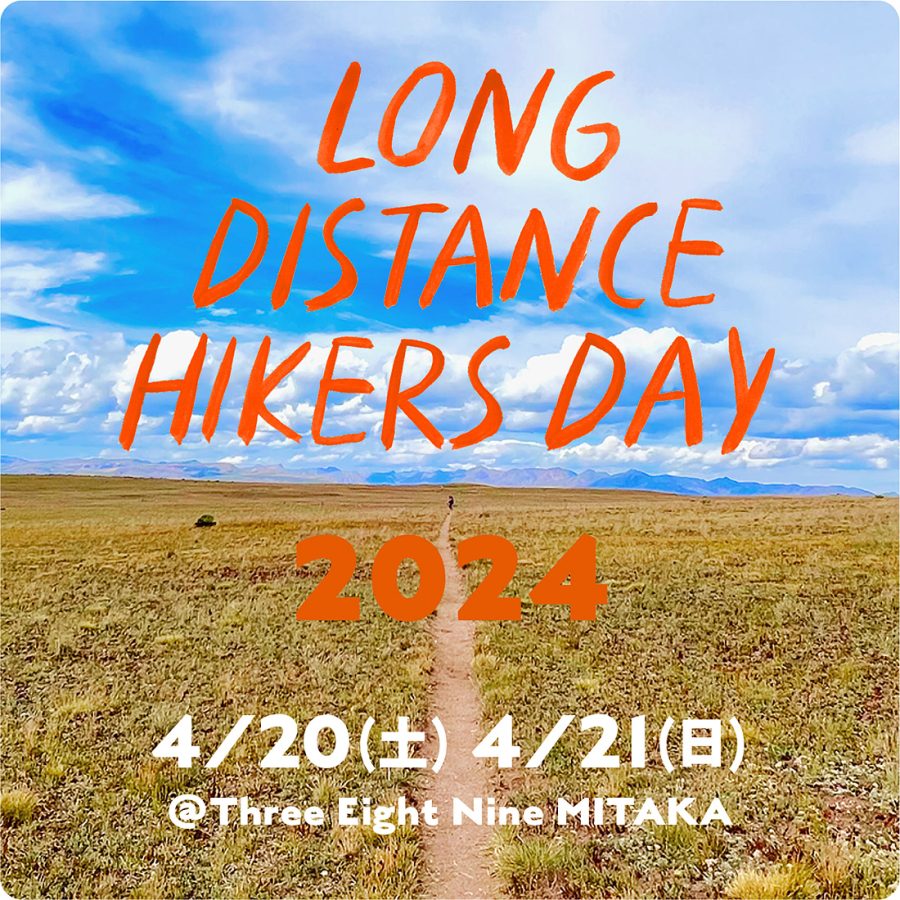
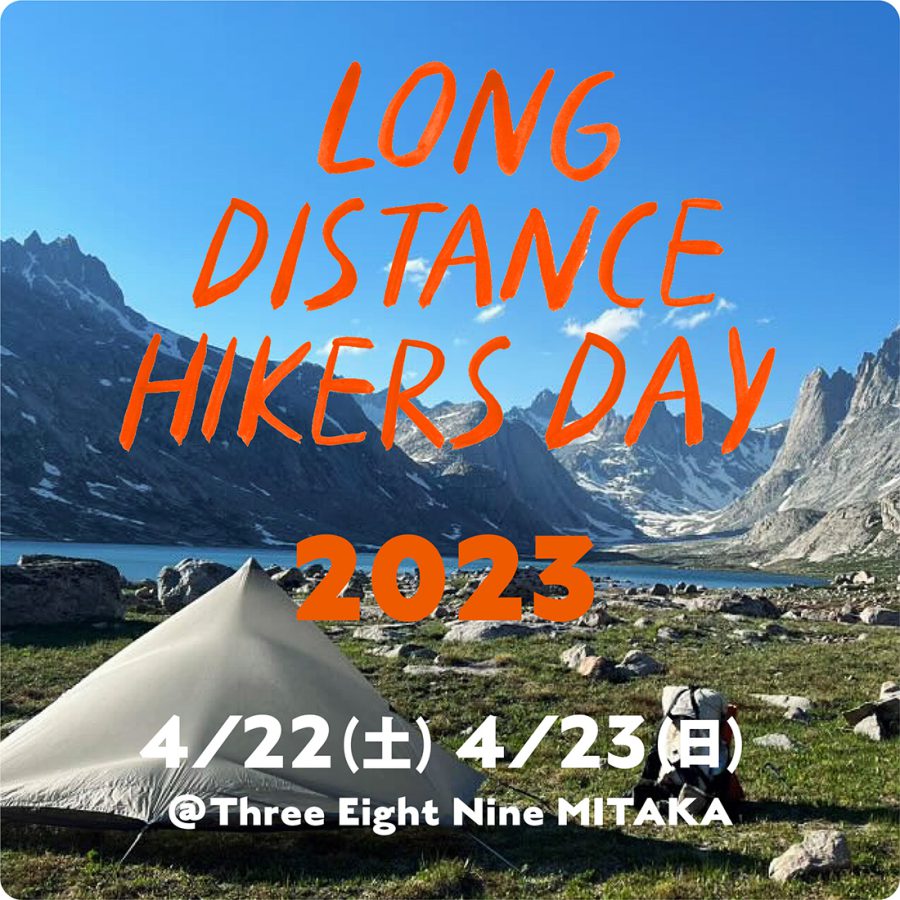
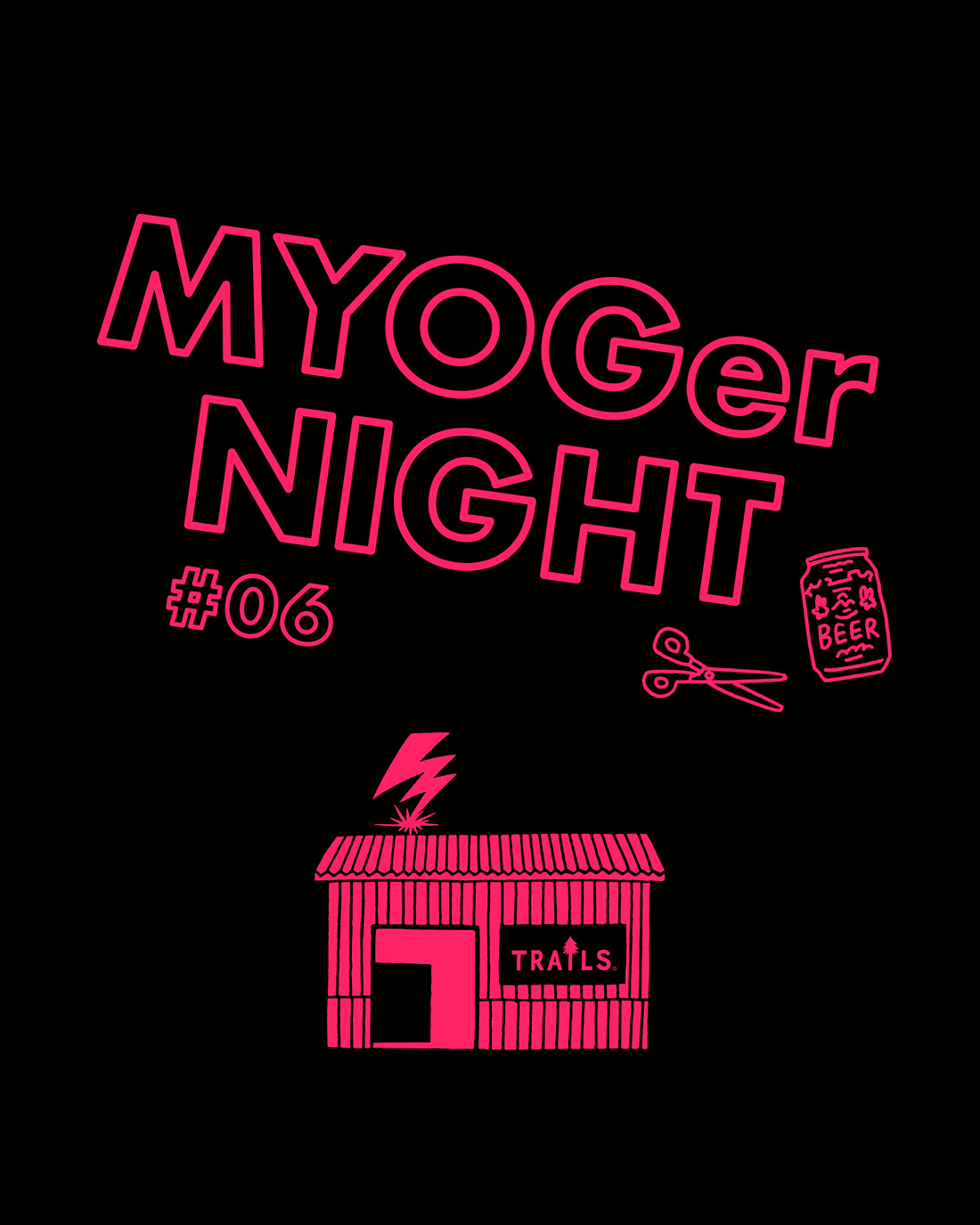
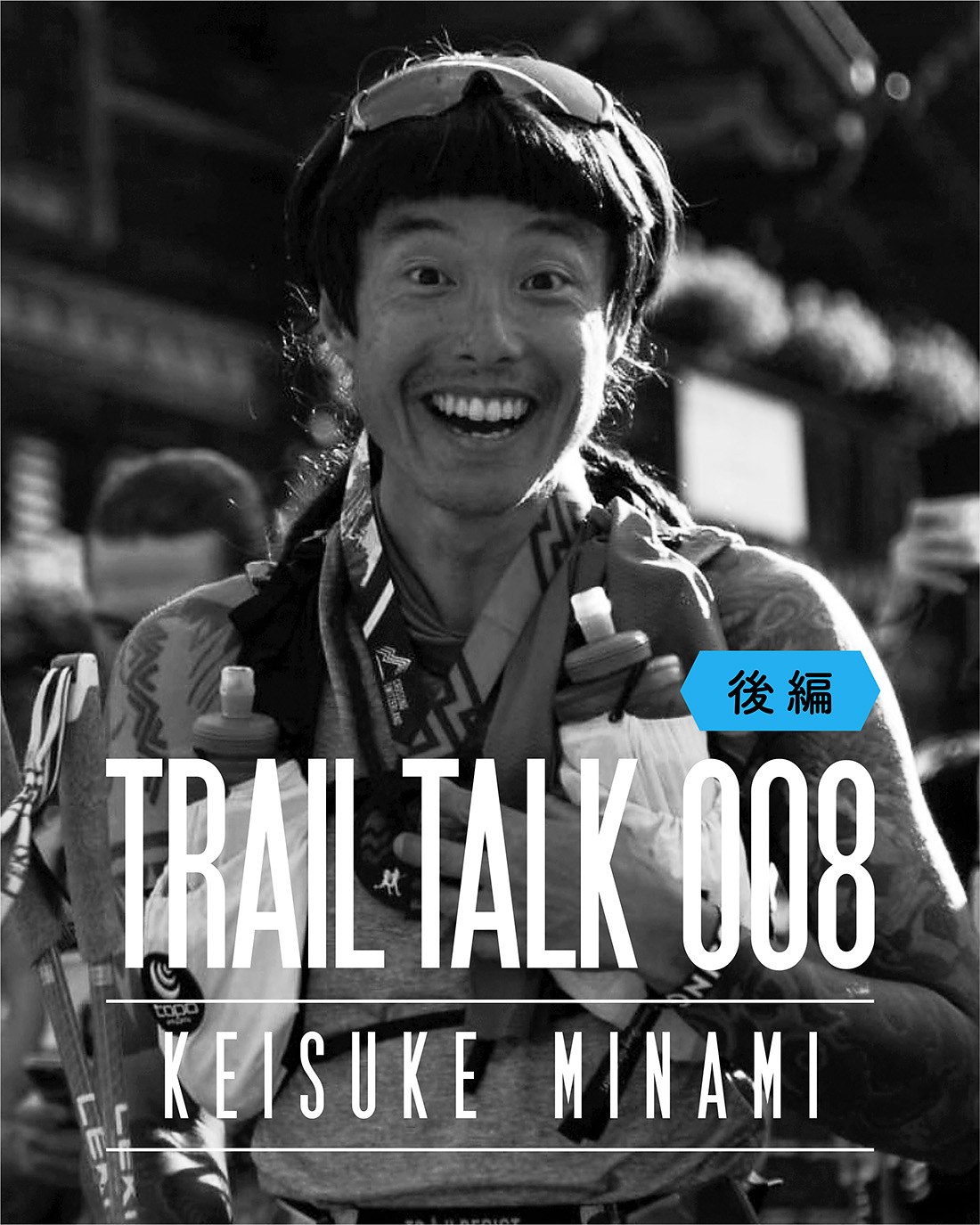
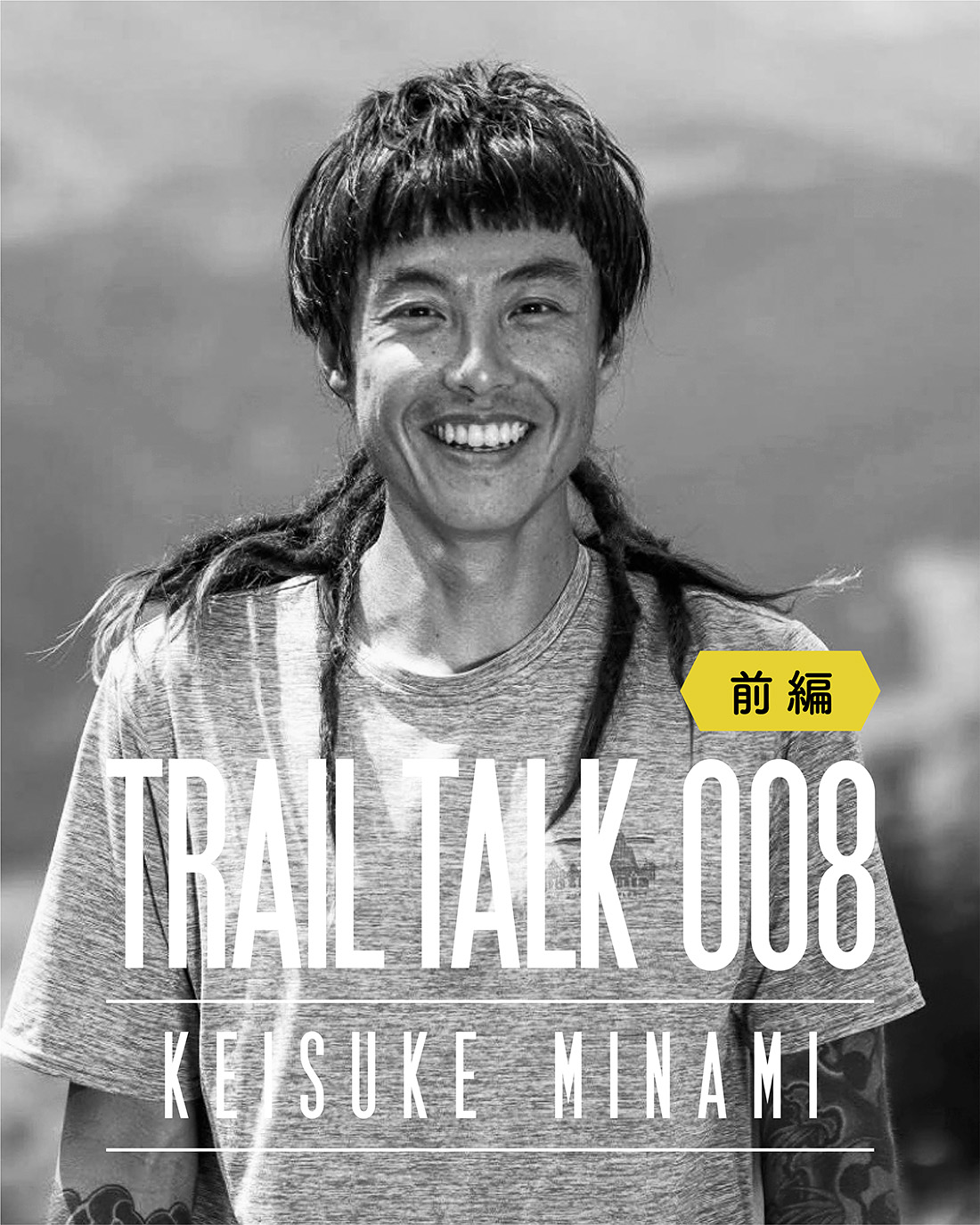
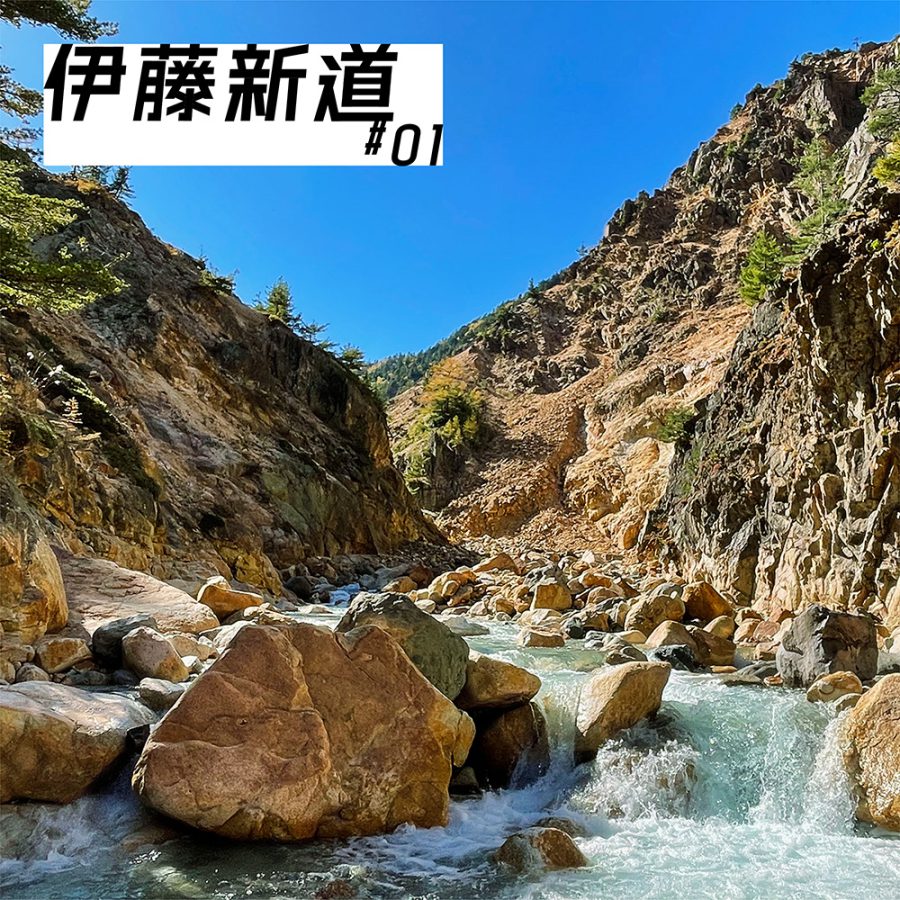
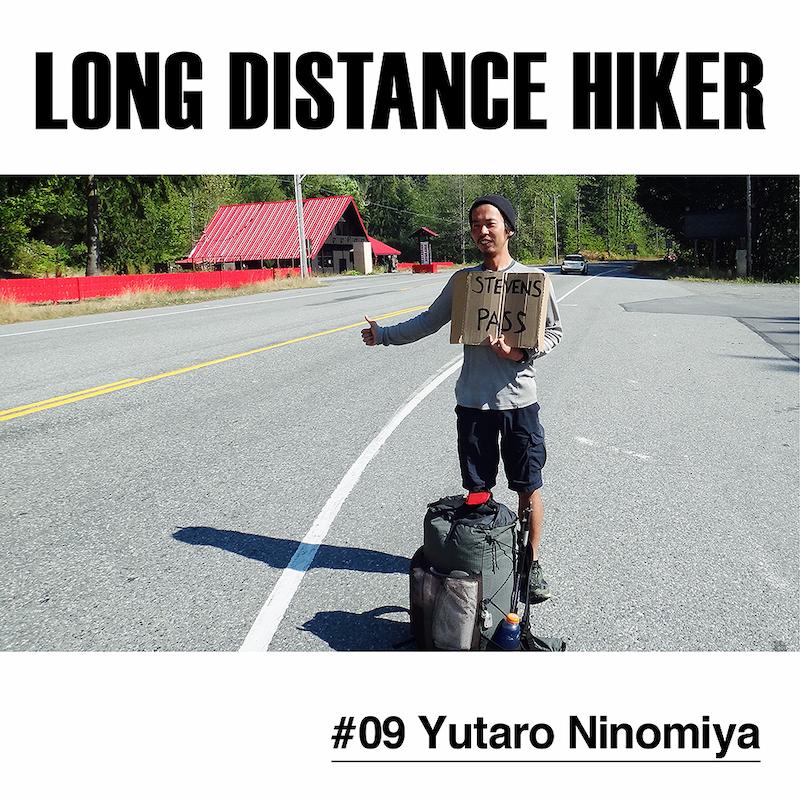
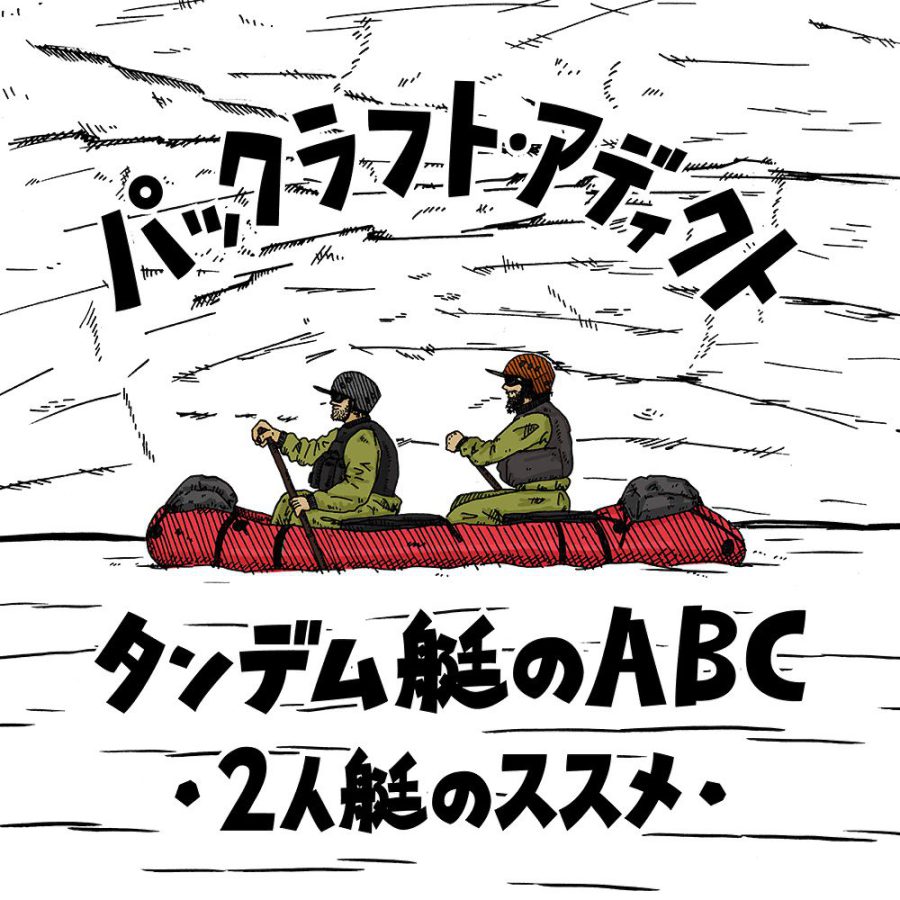
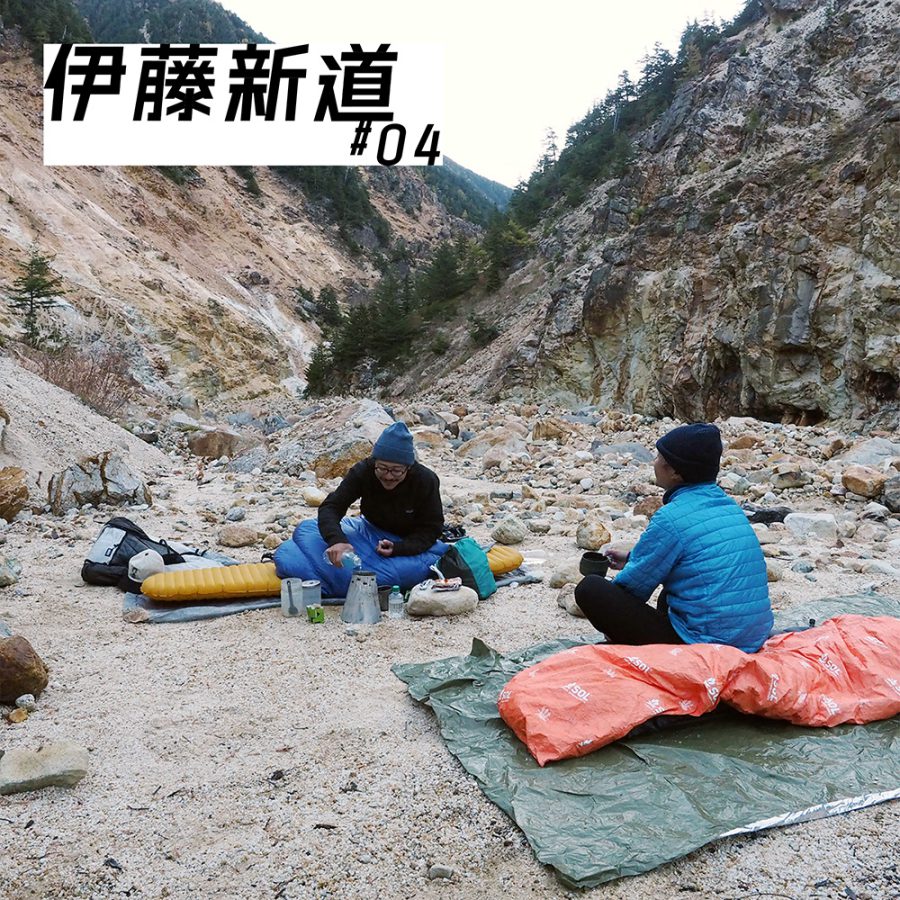
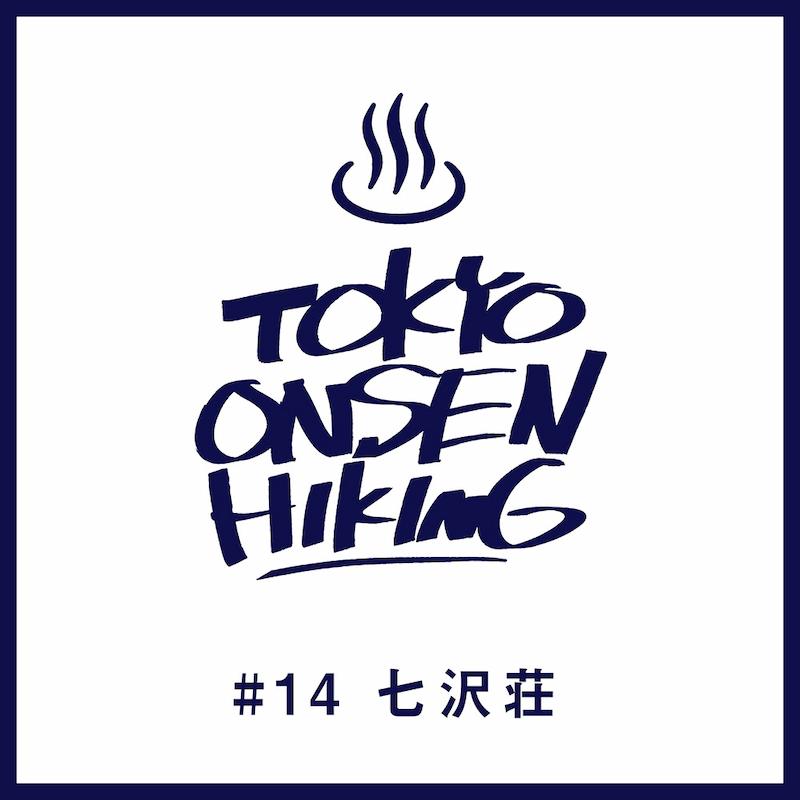


 ULギアを自作するための生地、プラパーツ、ジッパー…
ULギアを自作するための生地、プラパーツ、ジッパー…  ZimmerBuilt | TailWater P…
ZimmerBuilt | TailWater P… 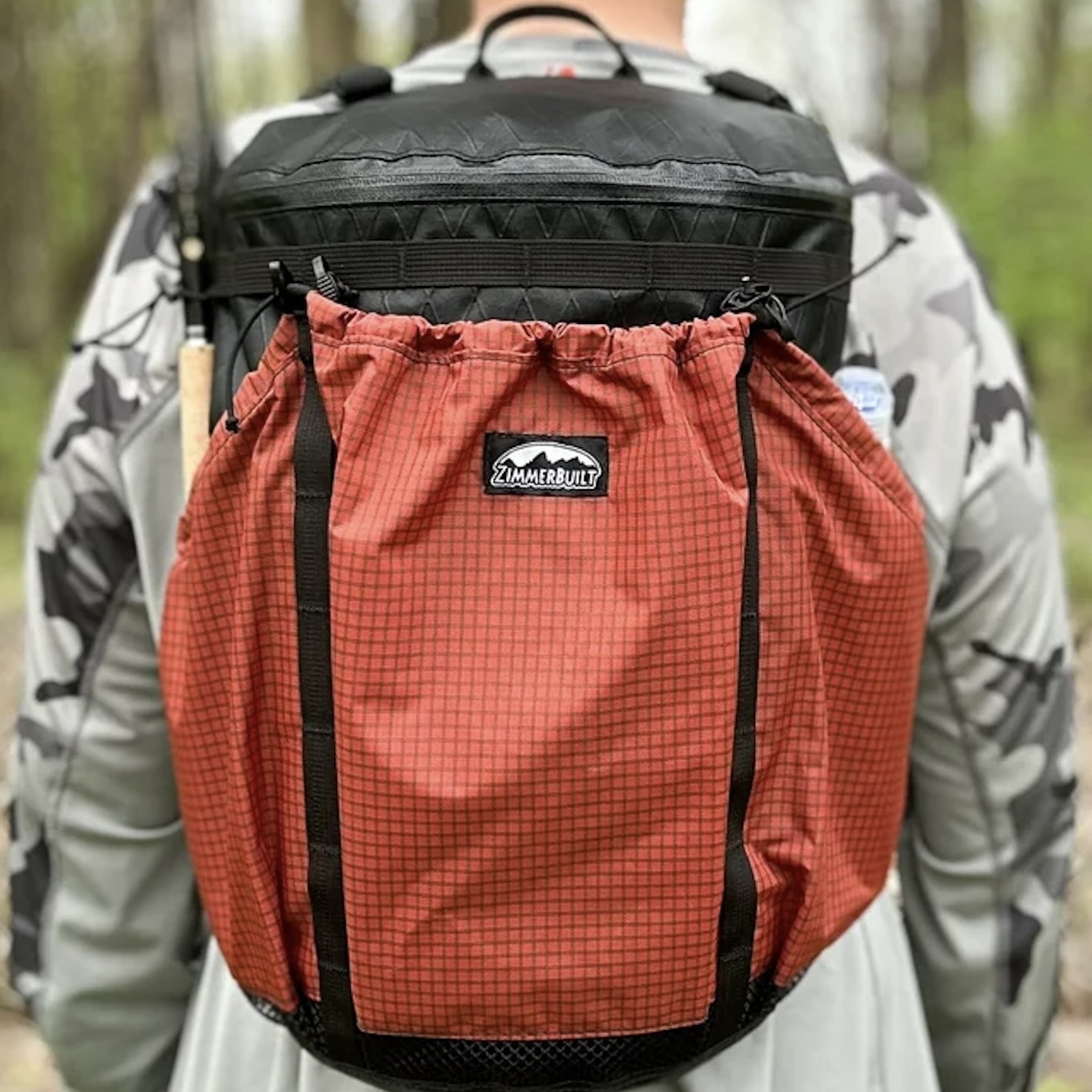 ZimmerBuilt | PocketWater…
ZimmerBuilt | PocketWater… 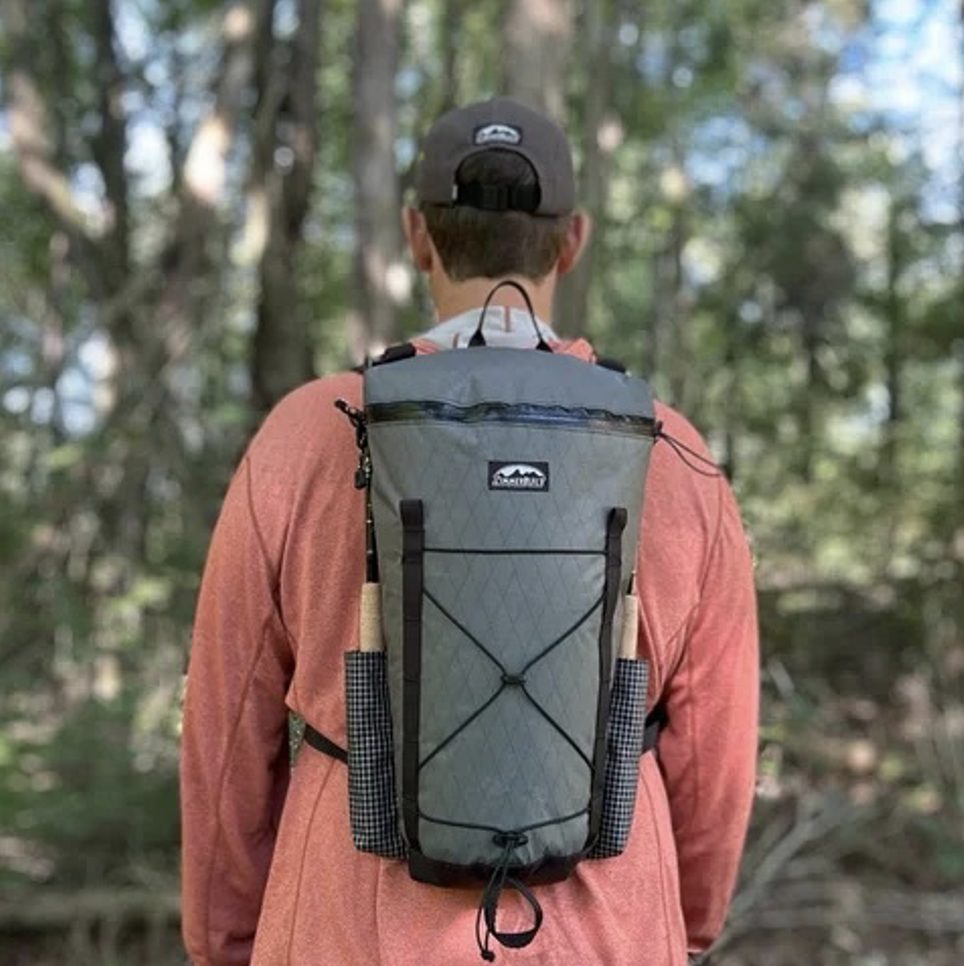 ZimmerBuilt | DeadDrift P…
ZimmerBuilt | DeadDrift P…  ZimmerBuilt | Arrowood Ch…
ZimmerBuilt | Arrowood Ch… 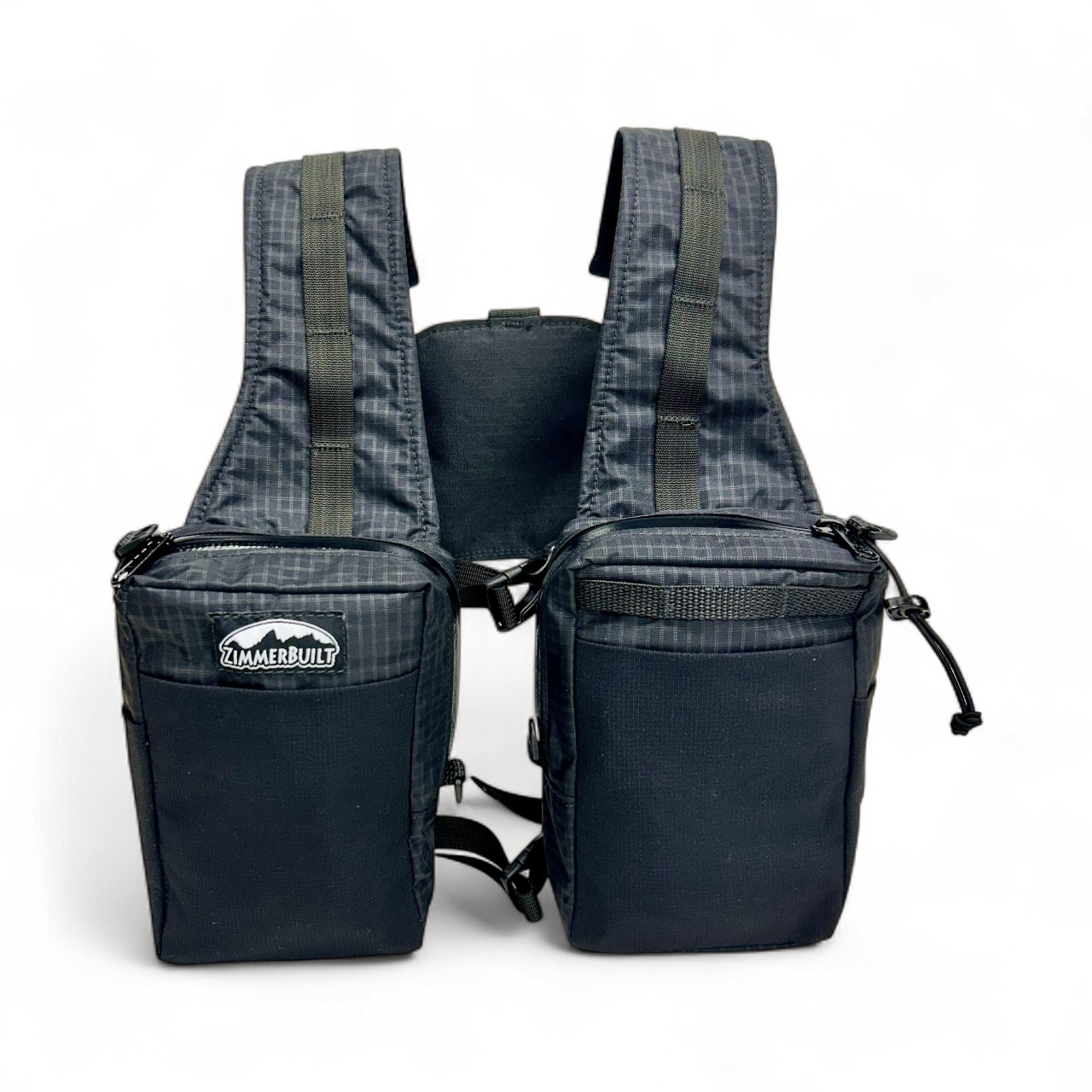 ZimmerBuilt | SplitShot C…
ZimmerBuilt | SplitShot C… 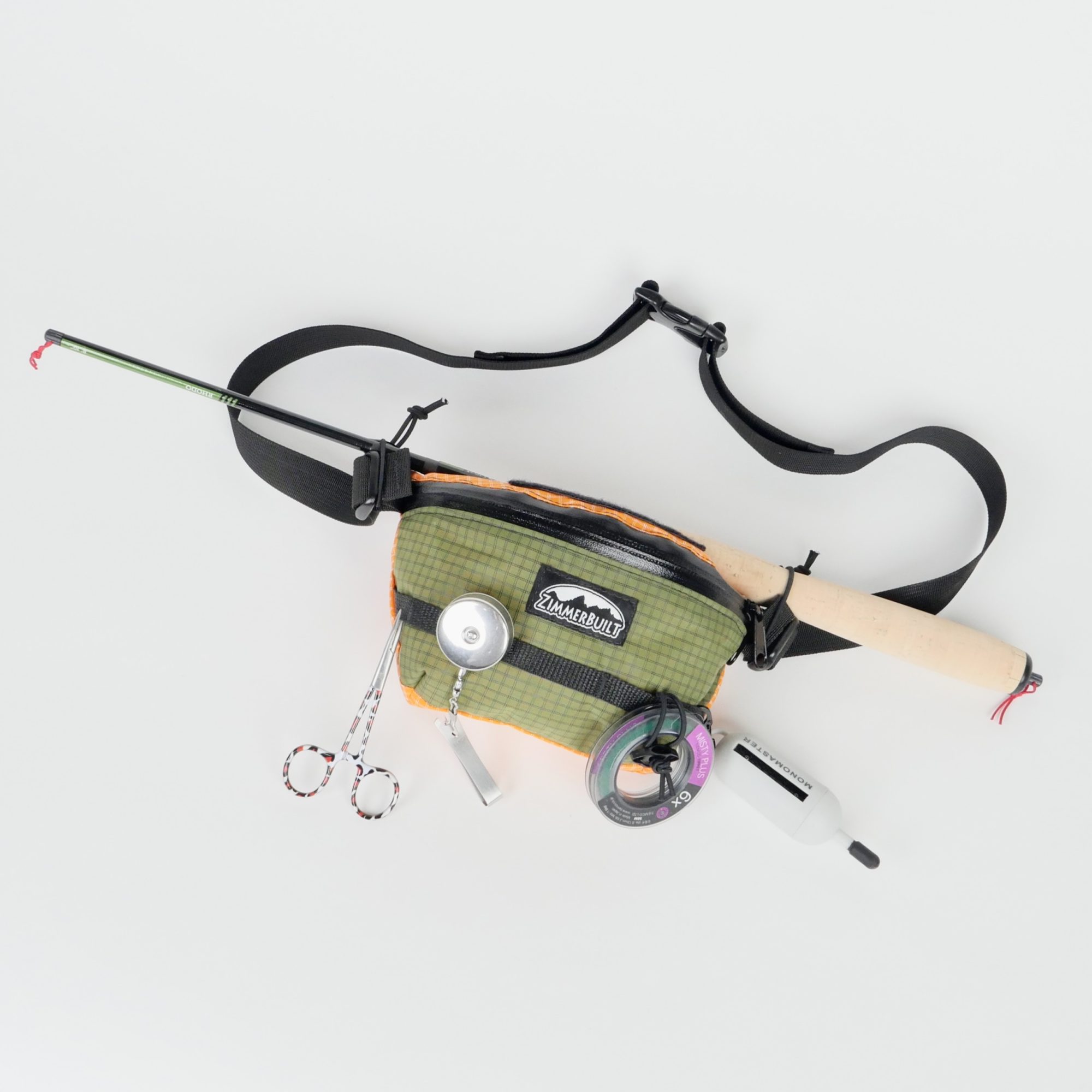 ZimmerBuilt | Darter Pack…
ZimmerBuilt | Darter Pack…  ZimmerBuilt | QuickDraw (…
ZimmerBuilt | QuickDraw (…  ZimmerBuilt | Strap Pack …
ZimmerBuilt | Strap Pack … 




